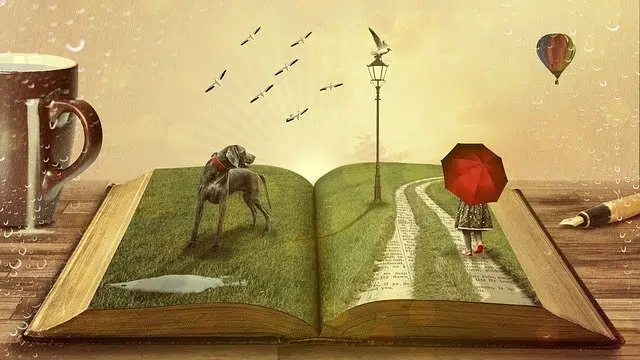
The story can be understood as a literary genre.
A story is knowledge that is transmitted, usually in detail, regarding a certain fact. The concept, which has its origin in the Latin word relātus , also allows us to name stories and narratives that are not too extensive.
In this way, as a literary genre , a story is a narrative form whose length is shorter than the novel . Therefore, the author of a story must summarize what is most important and emphasize those situations that are essential for its development. If in a novel the writer can delve into descriptions, in a story a greater impact is sought with fewer words.
Authors of stories
Throughout the History of Universal Literature we find a large number of authors who have developed their careers in the field of short stories and also with significant success. This would be the case, for example, of the Argentine Jorge Luis Borges who bequeathed to subsequent generations of readers works of this type such as “The Garden of Forking Paths”, “The Ink Mirror” or “Utopia of a Man”. "He's tired."
But he is not the only notable short story writer. Likewise, we cannot ignore the figure of the American Edgar Allan Poe. And he is considered the father of the detective story, that is, of that type of work of shorter length than the novel that deals with interesting cases that require an investigator to take center stage to clarify them, whether they are disappearances or murders, among other issues.
Among the works that he made and that would fall within this denomination would be, for example, “The Golden Beetle”, “The Mystery of Marie Roget” or “The Murders of the Rue Morgue”. Precisely this last story is one of the best known and praised of Poe's career, not only for being the first detective story in history but also for its quality.

A story can be a text or an oral narrative.
Specifically, in that one we are approached about the cruel murder of a mother and daughter in Paris. The police will be the ones who assume the duty of trying to clarify what happened and find the person responsible, however, their inability to achieve this objective will lead to a detective (Dupin) being in charge of the case.
The stories can be fictional (such as a story or an epic) or belong to the world of non-fiction (such as journalistic news). Of course, writing (telling) a work of fiction is not the same as reporting a true fact. In any case, the narrative style of the story is maintained in both worlds.
The oral narration
It should be noted that the story transcends literature and the written word. When a person tells something to another, they are relating a situation, that is, constructing a story.
“I left my house and, when I was going to get on the train, I heard a scream. As soon as I turn around to look at what had happened, I see a man coming running with a purse and a woman yelling at him from behind. So I didn't hesitate: I put my leg on him and the thief ended up falling. Luckily a police officer arrived immediately and handcuffed him. The woman, as a thank you, gave me a chocolate” : this could be an example of an oral story, where a person transmits an experience they had to another individual.
